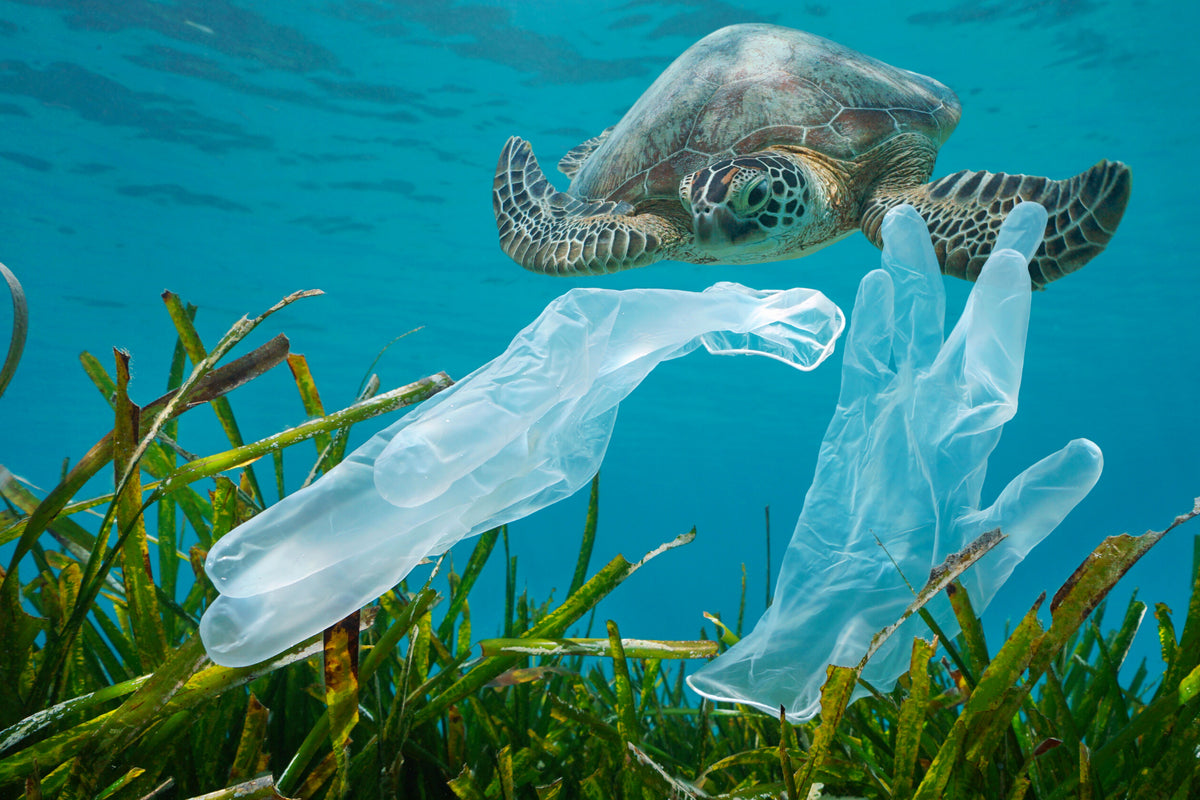5 Issues to Focus on this World Environment Day
Originally created by the United Nations in 1972, World Environment Day (not to be confused with April’s Earth Day) is observed on June 5th each year and serves as a day to come together as a global community and spotlight pressing environmental challenges. This year’s theme is #OnlyOneEarthand calls for a collective, transformative action on a global scale to protect and restore our planet.
Since the United Nations Environment Programme (UNEP) and World Environment Day were both created in Stockholm, it’s fitting that Sweden was chosen to be the host country for 2022. This year also marks the 50th anniversary of the establishment of UNEP!
Below we’ve highlighted 5 environmental issues and what you can do to decrease your own environmental impact this World Environment Day!

1. Deforestation
We owe quite a bit to trees – they clean the air we breathe, regulate our climate, filter our water, reduce the risk of natural disasters and provide habitats for thousands of plants, fungi, insects and animals. Trees are being burned, degraded and logged at astonishing rates– in fact, every 1.2 seconds humans destroy an area of forest equivalent to the size of a football field. You can help reduce deforestation by adopting a sustainable diet, going paperless, avoiding palm oil products, buying only responsibly sourced wood and planting a tree where they’re needed most!

2. Plastic Pollution
Unless you’ve been living under a rock these past few decades, you may have noticed that the Earth is currently dealing with a massive plastic problem. Around 91% of all plastic ever produced has not been recycled. This has led to plastic ending up in our oceans, environment, and landfills, destined to remain there for many generations. Doing your part to counter the plastic problem can be relatively simple; avoid single-use plastics, wear clothes made from natural fibres, purchase secondhand items and pressure major brands to adopt plastic alternatives for their products and packaging.

3. Biodiversity Loss
Rapid human population growth and mass consumption has led to much of the biodiversity loss we’re experiencing today. The UN Report found that nearly 1 million animal and plant species are facing extinction within the next few decades due to human activity. Biodiversity loss is often due to habitat loss, invasive species, over-exploitation, pollution and climate change. To mitigate biodiversity loss, individuals can reduce overall consumption, purchase sustainably sourced products, advocate for change in their communities and plant a tree to support biodiversity.

4. Food waste
We’ve all been there- regretfully throwing out a bag of wilting spring mix or mouldy pasta that we hadn’t noticed was hiding in the fridge well past its expiration date. According to UNEP, a whopping 1.3 billion tonnes of food produced for human consumption is wasted each year– that’s enough to feed about 3 billion people! It’s important to remember that the food we eat requires land, water and energy as well as human labour and greenhouse gas emissions to make it to market shelves. On an individual level, we can find ways to reduce food waste by consuming mindfully, supporting sustainable food retailers, learning how to properly store food and donating excess food to those in need.

5. Global warming
While global warming may not seem like an urgent issue to the average person, scientists have been sounding alarm bells that our Earth’s decline is almost past the point of no return. Global warming is responsible for hotter temperatures, natural disasters, rising sea levels, food insecurity and increased spread of diseases to name only a few issues that worsen as the global temperature rises. We can work towards a cooler planet by reducing our carbon footprint, switching to clean energy sources, holding large corporations accountable and, of course, planting trees to reduce carbon dioxide levels.
Don’t let these environmental issues get you down this World Environment Day– instead, see it as an opportunity to make lifestyle changes and reduce your ecological footprint. Making a positive impact can be as easy as planting one tree!
